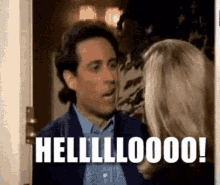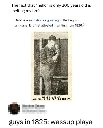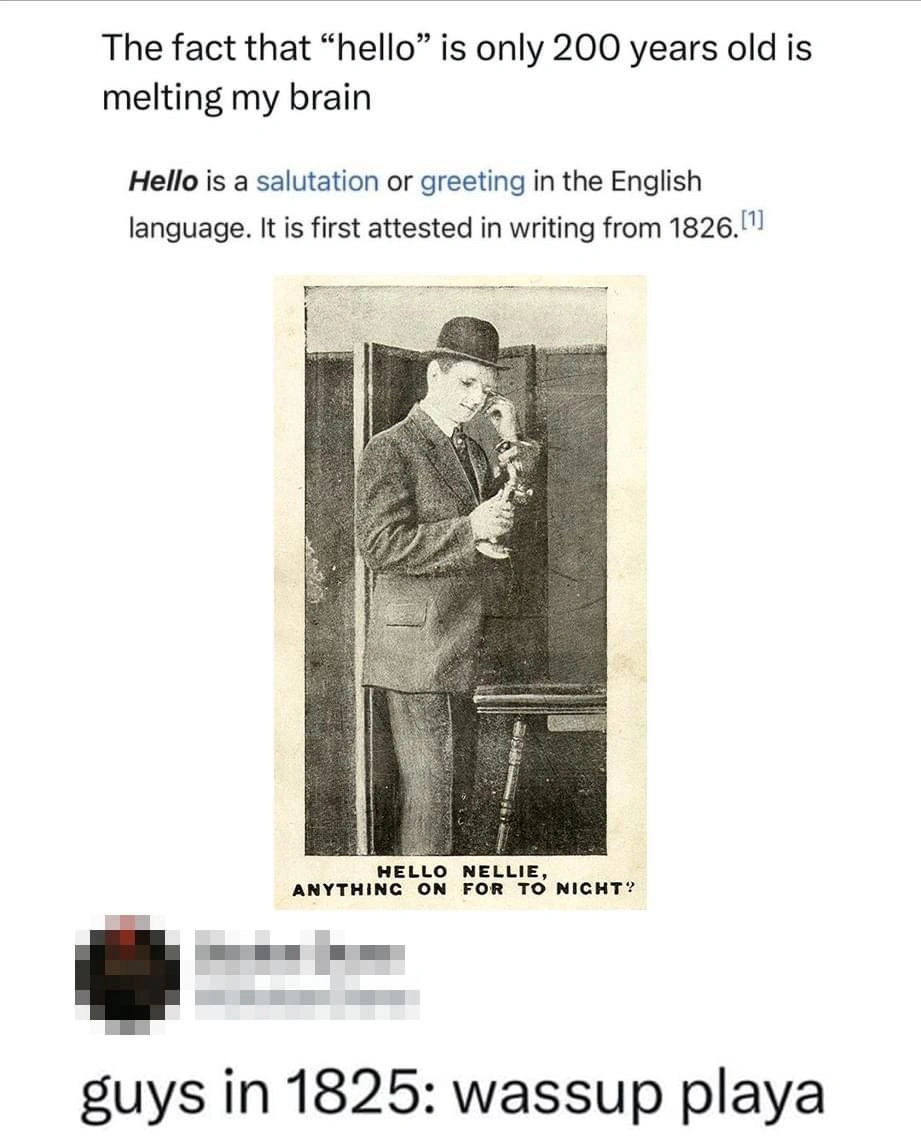Apparently “ahoy” was a common greeting before the telephone was invented, to the point that Alexander Graham Bell suggested it for use when answering the phone.
73 0 ReplyAhoy was common enough that the Simpsons had their oldest phone user answer with "Ahoy hoy?"
48 2 ReplyI think that gag was referencing Graham Bell's suggestion.
40 0 Reply
Confirmation this is the worst timeline.
Ahoy is the superior greeting. I support its return to standard use.
17 2 ReplyI'm a fan of "well met!"
11 0 ReplyMove to Slovakia
7 0 Reply
While it wasn't a general greeting, "halloo" was already used as a verb meaning "to call for a hunting" in the 14th century.
31 0 Replyalso as an exclamation of surprise, like "halloo, what's this?"
"hello" is still occasionally used in this sense today.
13 0 Replyfound the german
4 0 Reply
Like the fox hunters in Mary Poppins?! D:
4 0 Reply
There are countries in the world, where you enter a room in the morning full of dear and beloved friends and colleagues, and you would neither greet them nor make eye contact until they wanted something from you.
I don't know whether this would be my heaven or my hell, but as a brit, useless smalltalk is practically baked into my bones.
19 0 ReplyI'll stick with the hellos. IMO meatspace human interaction feels like a privilege now.
5 0 ReplyEspecially today where everyone wants to be alone because of overstimulation (but they might also feel lonely at the same time)
2 0 Reply
Someone on social media literally cannot stop thinking about this.
10 0 Reply
4 0 ReplyKateekalo!
1 0 ReplyPhones weren't invented in 1825, this meme picture is historically inaccurate.
7 16 ReplyExcept, nowhere in the meme is stated that. The meme is about "the first attested writing" of the word hello.
33 2 Reply"Hallo" as a general greeting was popularized by the telephone though, so the picture does have a historical significance in this context.
6 0 ReplySo... ? It's just an old photo of a man talking to the phone for context.
source image : Scanned from a (cheaply printed) postcard, c. 1905-1915; no notice of publisher, date, or any copyright.
4 1 Reply

